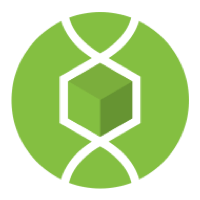Distributed creation, community guidance, and OER development: current models and emerging practices
Author(s): Ahrash Bissell
The Monterey Institute for Technology and Education
1581 total view(s), 214 download(s)
Description
Open educational resources (OER) encompass teaching, learning, and research materials that are licensed to permit further use and modification by others. The potential benefits of OER for improved access by both students and teachers are well documented. Less well documented are practices around the creation and modification of OER, especially for professional learning communities. Historically, resources developed for specific fields of study have relied on demonstrated authorship to establish expertise and credibility. Resource integrity is often paramount, and competing viewpoints are not reconciled so much as laid bare among the choices of materials for research and instruction. OER threaten these established norms since people are free to modify the resources as needed, and OER are often co-created by many people, sometimes separated by distance or time or both. How do these development processes work? What, if anything, is lost when resource creation is distributed or turned over to a broad community? What is gained? In this session, we will explore emerging community-creation practices, as well as some of the tools that are available to support this sort of work. We’ll focus in particular on the tools that seems especially useful to quantitative biologists in higher education settings.
Cite this work
Researchers should cite this work as follows:
- Bissell, A. (2018). Distributed creation, community guidance, and OER development: current models and emerging practices. QUBES Leadership Team, QUBES Educational Resources. doi:10.25334/Q4V686
